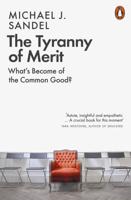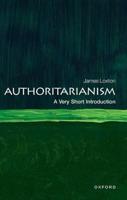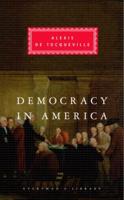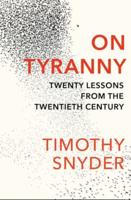Publisher's Synopsis
George W. Bush's nominations of John Roberts and Samuel Alito to the Supreme Court in 2005 were widely expected to turn it sharply to the right. But no one foresaw the rapidity or the revolutionary zeal with which, as Ronald Dworkin writes, the Court would begin “overruling, most often by stealth, the central constitutional doctrines that generations of past justices, conservative as well as liberal, had constructed.”
Dworkin examines the key decisions of the Court's 2006-–2007 term and argues that these two new justices, along with Antonin Scalia and Clarence Thomas, have created an “unbreakable phalanx bent on remaking constitutional law.” They are guided not by political ideology or conservative judicial principle but rather by “partisan, cultural, and perhaps religious allegiance,” and disdain tradition, precedent, even careful legal reasoning.
In his analyses of the prior records of Roberts and Alito, Dworkin finds ample evidence that both have long held strong conservative convictions. But during their confirmation hearings, they gave little hint of their judicial philosophy, hiding behind vague promises to make decisions “according to the rule of law.” If senators fail to press nominees for candid answers to the controversial questions of principle underlying the Constitution, Dworkin contends, then the confirmation process is irrelevant.
As a result, the Court may be dominated for a generation by justices whose views are far from those of most Americans. Its past decisions on issues such as abortion, affirmative action, and executive power, Dworkin fears, are “vulnerable to reversal in the next several years as the fiercely conservative justices set out to rewrite American constitutional law without much caring about the logic of the arguments they use to do so. Bush's appointment of Roberts and Alito may prove to be among the worst of the many disasters of his miserable administration.”








